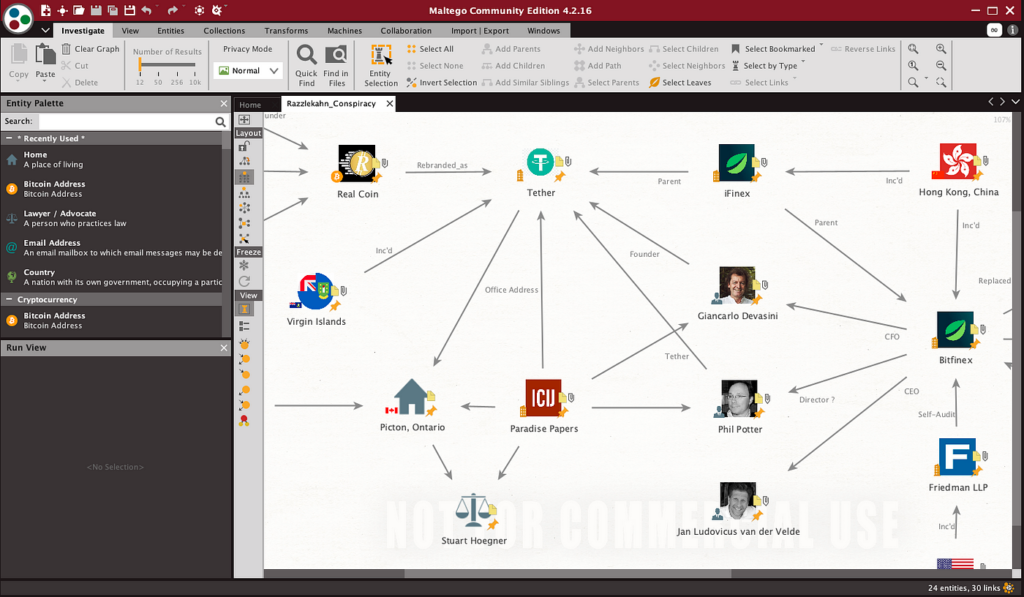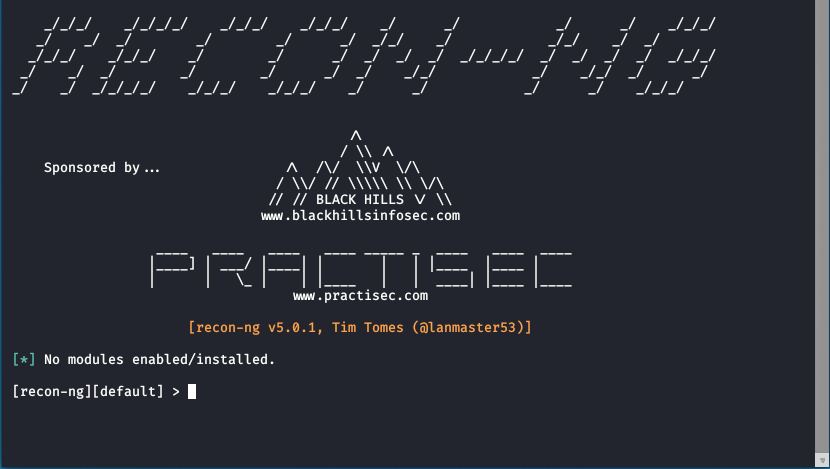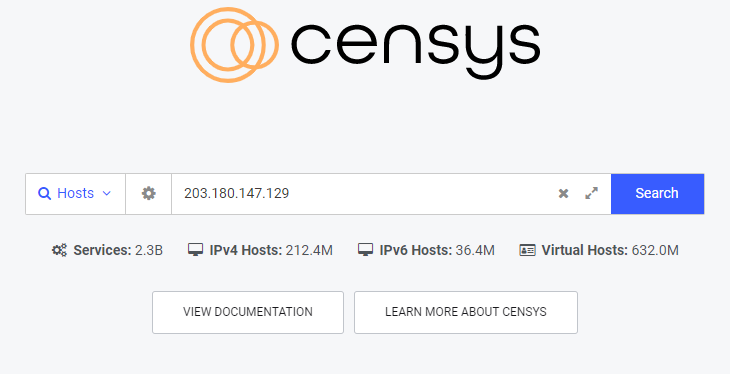Introduction
The world of hacking is shrouded in mystery and intrigue, with hackers constantly seeking out hidden information and exploiting vulnerabilities. One essential tool in their arsenal is search engines specifically designed for accessing illicit or unconventional content. In this article, we will explore 10 of the most popular search engines used by hackers, shedding light on their functionality and potential risks. Please note that while discussing these tools, we do not endorse or encourage any illegal activities, but rather aim to provide an informative overview. Without further ado, let’s delve into the secretive realm of hacker search engines.
1 Shodan
Shodan is often referred to as the “search engine for internet-connected devices.” It allows hackers to identify vulnerable devices such as webcams, routers, and servers. Shodan can also reveal information about unsecured databases and control systems, making it a potent tool in the hands of a hacker.

2 The Onion Router (Tor)
Tor, widely recognized for its anonymity features, is not exclusively used by hackers. However, its ability to conceal users’ identities and bypass censorship makes it a popular choice for those seeking to engage in illicit activities. Tor enables users to access the Darknet, a hidden part of the internet where many illegal services and marketplaces reside.

3 DuckDuckGo
Although DuckDuckGo is a privacy-focused search engine, it is also favored by hackers due to its non-tracking policy. By using DuckDuckGo, hackers can perform searches without leaving a trail of their activities, thus minimizing the risk of detection.

4 Maltego
Maltego is a powerful tool used for open-source intelligence gathering and data mining. Hackers leverage this search engine to collect information about specific individuals or organizations, facilitating the identification of potential vulnerabilities and targets.

5 Recon-ng
Recon-ng is a full-featured reconnaissance framework that hackers use to gather intelligence about their targets. By using a wide range of modules and plugins, hackers can search for vulnerabilities, discover subdomains, and extract valuable information from various sources, including search engines and social media platforms.

6 Wayback Machine
The Wayback Machine is not a search engine in the traditional sense, but rather an archive of web pages. However, hackers frequently use it to access historical versions of websites, unearthing information that might have been removed or altered over time. This tool allows them to uncover potential security flaws or retrieve valuable data.

7 ZoomEye
ZoomEye is another popular search engine designed for identifying vulnerable devices connected to the internet. It can be used by hackers to scan for open ports, check for misconfigurations, and search for specific keywords related to potential targets. ZoomEye’s advanced search capabilities make it a valuable resource for hackers seeking exploitable systems.

8 Censys
Similar to Shodan, Censys specializes in finding internet-connected devices and analyzing their vulnerabilities. Hackers can use Censys to identify servers, databases, and other network infrastructure that may be susceptible to attacks. The search engine’s extensive database and API make it a comprehensive tool for reconnaissance.

9 Yandex
While Yandex is a popular search engine in Russia, it also offers a feature called Yandex Dzen, which allows users to search for content that might not be indexed by other search engines. Hackers exploit this service to find hidden forums, discussion boards, and other platforms where sensitive information or illegal activities may be taking place.

10 Startpage
Startpage is another privacy-oriented search engine that hackers utilize to protect their anonymity. It acts as an intermediary between users and search engines like Google, providing search results without revealing personal information. By using Startpage, hackers can bypass surveillance and conduct searches discreetly.

Conclusion
In the shadowy world of hacking, search engines play a crucial role in enabling cybercriminals to uncover vulnerabilities, access hidden information, and exploit security weaknesses. While the tools mentioned in this article serve various purposes, it’s essential to remember that engaging in illegal activities can have severe consequences. We encourage readers to use this knowledge responsibly and legally, focusing on cybersecurity practices and ethical hacking to ensure a safer digital environment for everyone.


Good day! This is my first visit to your blog! We are a collection of volunteers and starting a new project in a community in the same niche.
Your blog provided us useful information to work on.
thank you so much